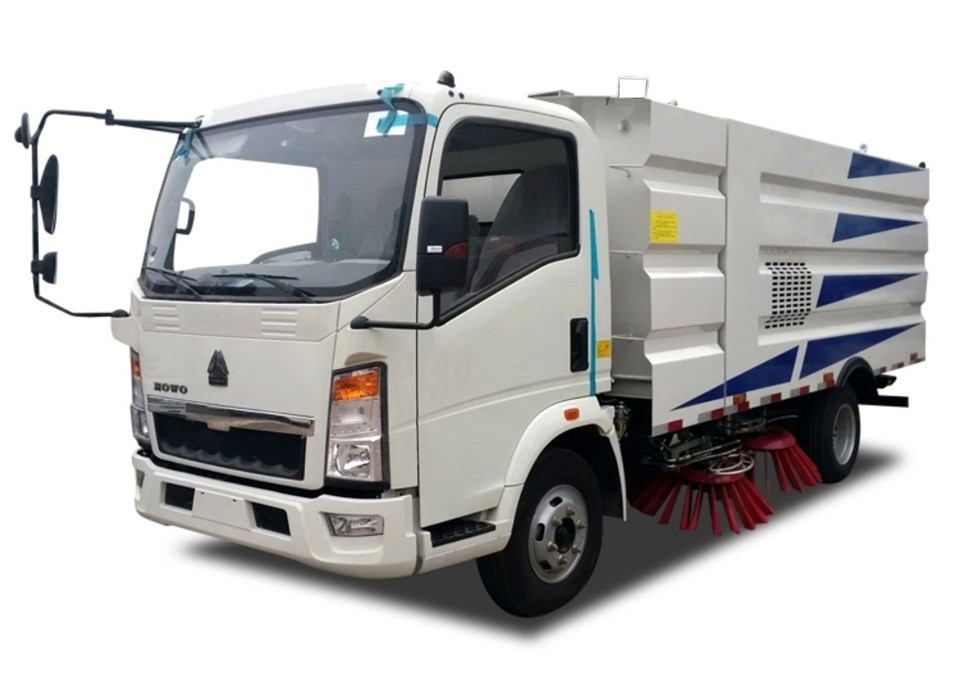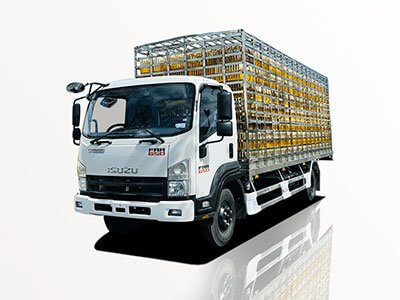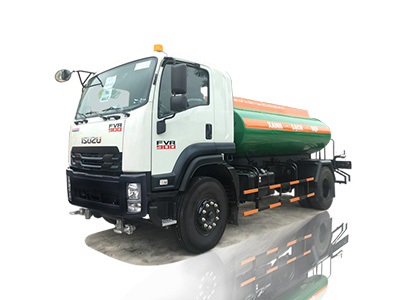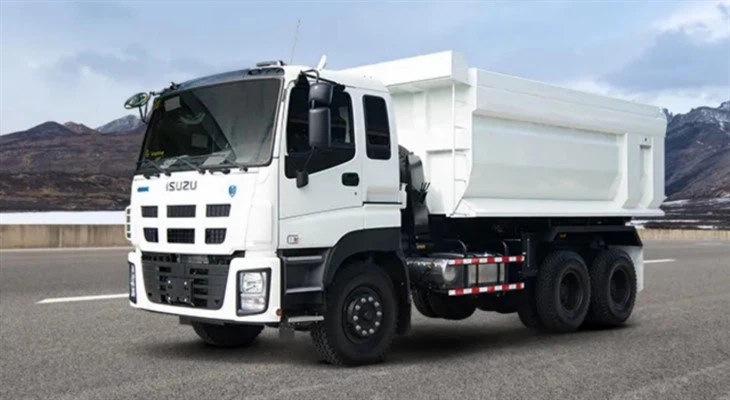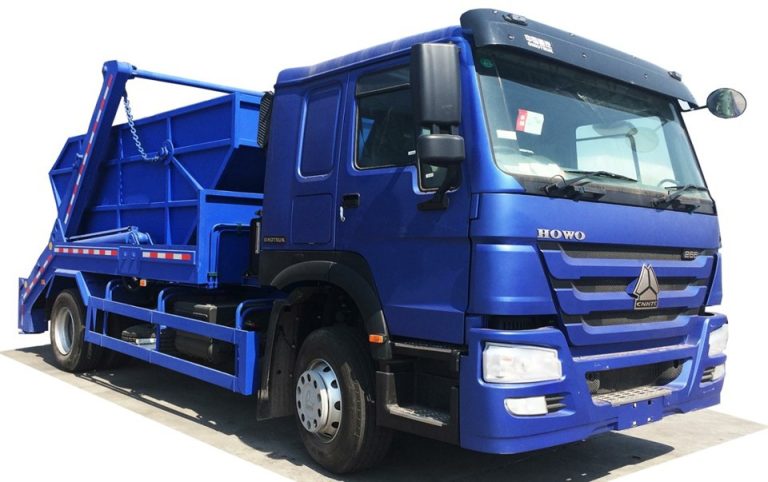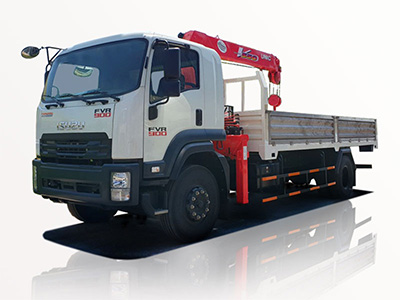As urban populations continue to swell, the demand for efficient waste management systems has never been greater. The advent of new technologies presents exciting possibilities for trash collection. This article explores the new ways trash trucks are evolving to enhance waste management, reduce environmental impacts, and improve city living. From smart technology integration to eco-friendly designs, we will delve into the innovations transforming how we handle waste.
The Evolution of Trash Trucks
Historical Overview
Trash collection has been an essential service for centuries. Initially, trash was picked up manually by workers; however, the introduction of vehicles revolutionized this process in the early 20th century. The first garbage trucks were simple, equipped with basic mechanisms to lift bins. Through the decades, these vehicles evolved with advancements in technology and design.
Current Challenges in Waste Management
Modern cities face a myriad of waste management challenges, including:
- Growing waste volumes due to urbanization
- Environmental pollution and climate change concerns
- Limited landfill space
- Negative public perception towards waste management services
Innovative Technologies in Trash Trucks
Smart Truck Technology
Smart trucks are equipped with GPS systems, real-time data analytics, and route optimization software. These features allow them to:
- Reduce fuel consumption and emissions
- Improve collection efficiency by planning optimal routes
- Monitor load levels to avoid over or under-collection
Case Study: Waste Management in San Francisco
San Francisco has implemented smart truck technology across its waste management fleet. By utilizing real-time data analytics, the city has achieved a significant reduction in operational costs and increased collection efficiency by 20% over the past five years.
Electric and Hybrid Trucks
Electric and hybrid trash trucks represent a significant leap toward sustainability. These vehicles offer several benefits:
- Lower carbon emissions compared to diesel trucks
- Quieter operation, reducing noise pollution
- Reduced fuel costs over time
| Type | Benefits | Examples |
|---|---|---|
| Electric | Zero emissions, low maintenance | BYD, Proterra |
| Hybrid | Better fuel economy, reduced emissions | Freightliner, Mack |
Example: The City of Seattle
Seattle has made a significant investment in electric trash trucks, with plans to transition its entire fleet by 2030. This initiative aims to reduce greenhouse gas emissions by 80% in the waste management sector.
Automated Collection Systems
Benefits of Automation
Automated trash collection is on the rise, featuring vehicles that can compact and lift bins without human interaction. Key advantages include:
- Increased safety for workers
- Cost savings on labor
- Increased reliability and consistency in service
Example: Automated Waste Collection in Europe
Countries like Sweden and the Netherlands are pioneers in automated waste collection systems. These countries utilize advanced technology to minimize manual labor, offering a model for others to follow.
Reducing Waste and Promoting Recycling
Innovations in Recycling Trucks
Recycling is a critical component of waste management. New technologies in recycling trucks enable better material separation and sorting.
- Smart sensors to detect the type of material
- Enhanced compacting systems to maximize loads
- Real-time data to improve recycling rates
Success Story: The City of Portland
Portland has integrated advanced recycling trucks into its waste management system, resulting in a 30% increase in material recovery rates over the past three years.
Sustainability Initiatives and Zero Waste Goals
Supporting Zero Waste Objectives
Many cities are embracing zero waste goals by deploying innovative trash trucks. Key initiatives include:
- Composting programs to divert organic waste from landfills
- Public education campaigns to promote recycling and composting
- Collaboration with local businesses for waste reduction efforts
Case Study: Austin’s Zero Waste Program
Austin, Texas, has set an ambitious goal to reach zero waste by 2050. The city’s trash truck fleet plays a pivotal role in this initiative, focusing on optimizing collection methods and increasing recycling efforts.
The Role of Community Engagement
Importance of Public Participation
Community involvement is critical for successful waste management. Engaging residents through education and awareness programs helps in:
- Reducing contamination in recycling bins
- Encouraging composting at home
- Promoting responsible consumer habits
Tips for Engaging Your Community
- Host local workshops on waste reduction
- Develop educational materials for schools
- Create social media campaigns to raise awareness
Economic Considerations: Funding New Technologies
Funding Sources and Budgeting
Investing in new trash truck technologies can be financially daunting. Cities can explore several funding options:
- Government grants and subsidies for green technologies
- Public-private partnerships
- Crowdsourcing and community fundraising initiatives
Example: Philadelphia’s Green Initiative Fund
Philadelphia has established a fund to support the transition to eco-friendly waste management practices, including the procurement of electric trash trucks.
Future Trends in Waste Management
Emerging Technologies to Watch
The future of trash trucks will likely involve various innovations, such as:
- Artificial intelligence for optimized routing and sorting
- Blockchain technology for tracking waste flow
- Advanced materials for longer-lasting and more efficient vehicles
Industry Predictions
Experts predict an increased focus on circular economy principles, where waste materials are continuously reused and recycled, minimizing overall waste.
FAQs about New Ways Trash Trucks
1. What are smart trash trucks?
Smart trash trucks are equipped with advanced technologies like GPS, sensors, and data analytics to optimize waste collection routes and monitor performance.
2. How do electric trash trucks impact the environment?
Electric trash trucks produce zero tailpipe emissions, significantly reducing air pollution and contributing to climate change mitigation.
3. What is automated trash collection?
Automated trash collection uses vehicles that can lift and compact waste bins with minimal human intervention, improving efficiency and safety.
4. How can communities engage in waste reduction?
Communities can host workshops, educational campaigns, and collaborate with local governments to encourage recycling and composting efforts.
5. What funding options are available for cities upgrading waste management fleets?
Cities can explore government grants, public-private partnerships, and community fundraising initiatives to support upgrades to eco-friendly waste management technologies.
6. What future technologies are expected in waste management?
Future technologies may include artificial intelligence for optimized routing, blockchain for waste tracking, and advanced materials for creating more efficient and durable trash trucks.
